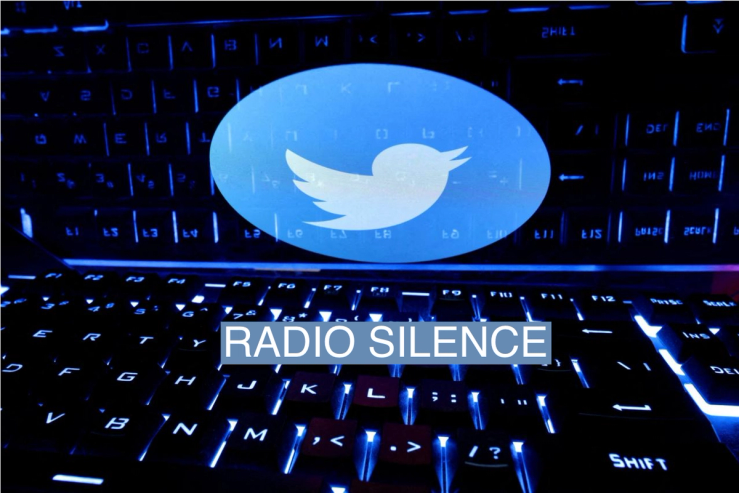The News
All NPR accounts will be inactive on Twitter following a row with the site and its CEO Elon Musk.
The public radio service had already stopped posting tweets after it was labeled “state-affiliated media” on the social media site last week. The badge is usually given to state-run media arms, such as Russian outlet Russia Today.
Twitter later changed the designation to “government-funded” media, a label NPR said is misleading as they are a private not-for-profit. NPR receives about 1% of its funding from the government.
When asked for his response to NPR quitting Twitter, Musk tweeted, “Defund NPR.”
Know More
The radio network’s CEO John Lansing has said that staying on the site could impact the organization’s credibility. In an article about their decision published by NPR Wednesday, Lansing said “I would never have our content go anywhere that would risk our credibility.”
He said that NPR won’t reverse course if the designation is changed or removed by Twitter. “I have lost my faith in the decision-making at Twitter,” Lansing said.
The label alone did not drive NPR’s decision to leave the site: Lansing added that the deteriorating culture on the platform also influenced their decision. Media reports, including an analysis by the Washington Post last month, show that hate speech is being pushed on Twitter’s algorithmic For You page.
Step Back
NPR is not alone in its state-funded designation: Earlier this week, British broadcasting behemoth The BBC was also given the label on Twitter.
The BBC has pushed back against the decision, telling Twitter and CEO Elon Musk that they receive their funding not from the U.K. government, but from licensing fees.
In the U.K., residents pay annual TV-license fees in order to access live TV or streaming services. The funding collected from those fees in turn funds the BBC’s operations. The fee is mandatory and the rate is set by the government, but paid by individuals.
Musk sat down with the BBC in a last-minute, wide-ranging interview in San Francisco late Tuesday, telling the outlet that owning the site has been “quite painful.” He said the site would be re-examining its labeling system and would designate the BBC as “publicly-funded” instead, adding that the aim is to be as transparent as possible.


